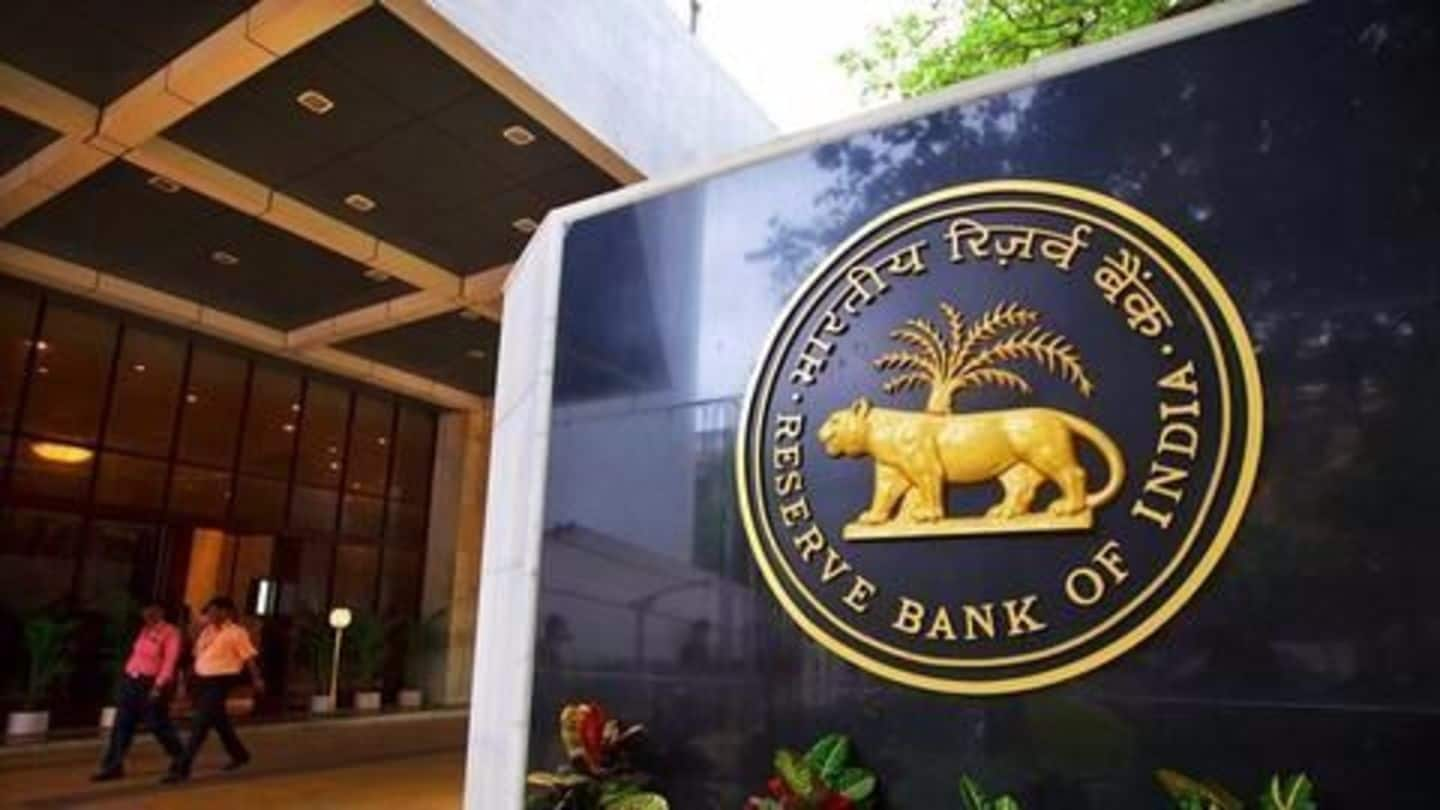
RBI speeds up settlement time for NEFT clearance
What's the story
RBI has decided to reduce the time frame for the settlement of National Electronic Funds Transfer (NEFT) from 1 hour to 30 minutes in its revamped monetary policy. This will be hugely beneficial to common citizens looking to send across money on an expedited basis. Here is a look at how the new policy will make the process faster and more efficient.
New policy
How the entire system will work from now on
Banks transfer funds via NEFT in batches and until now the payment settlements used to happen in hourly batches, which, thanks to RBI will now take place in every half an hour. In a weekday NEFT settlements happen between 8 am to 7 pm, which will have 23 batches now instead of 12 and on Saturdays 11 settlements will take place.
Online pay
How useful will it be for the customers?
The new practice will serve customers with faster transactions at the same NEFT charges, so it comes at no extra cost. Considering the cash crunch in the ATMs after the demonetization and also the lower rate of currency circulation in the country this could help a wide range of customers across the country to send and receive money in a hassle free manner.
NEFT
How to transfer money via NEFT?
To transfer money digitally via NEFT one must have an account with a bank that allows funds transfer through NEFT. A customer needs to have the details of the beneficiary bank account, i.e., the account in which the money will be credited. Following the addition of beneficiary account details it takes 30 minutes to get registered and then customers can transfer money.
Transfer
Other modes of electronic funds transfer in India
Apart from NEFT there are two other methods to transfer funds electronically, i.e., RTGS and IMPS. Real Time Gross Settlement or RTGS is a real-time fund transfer system via which one can transfer funds electronically to any other bank account in real time. Immediate Payment Service or IMPS offers instant electronic funds transfer service using mobile phones.
Transaction Fees
Online money transfer and receiving charges
As per RBI guidelines, customers don't have to pay anything while receiving fund via NEFT. However, while sending the money, customers can be charged up to Rs. 2.50 while transferring within Rs 10,000, up to Rs. 5 for transactions above Rs. 10,000 to Rs. 1 lakh, up to Rs. 15 till 2 lakh and up to Rs. 25 for more than Rs. 2 lakh.
Ups and downs
Digital India is in a roller coaster ride
Digital transactions had increased 42% from 672 million in November 2016 to 958 million in December 2016 but declined 20% resulting in 763 million in February 2017. Prime Minister Narendra Modi had previously set the goal to achieve 25 billion digital transactions in 2017-18, which means roughly 2 billion transactions a month. February 2017 figures were 60% less than the aimed number.